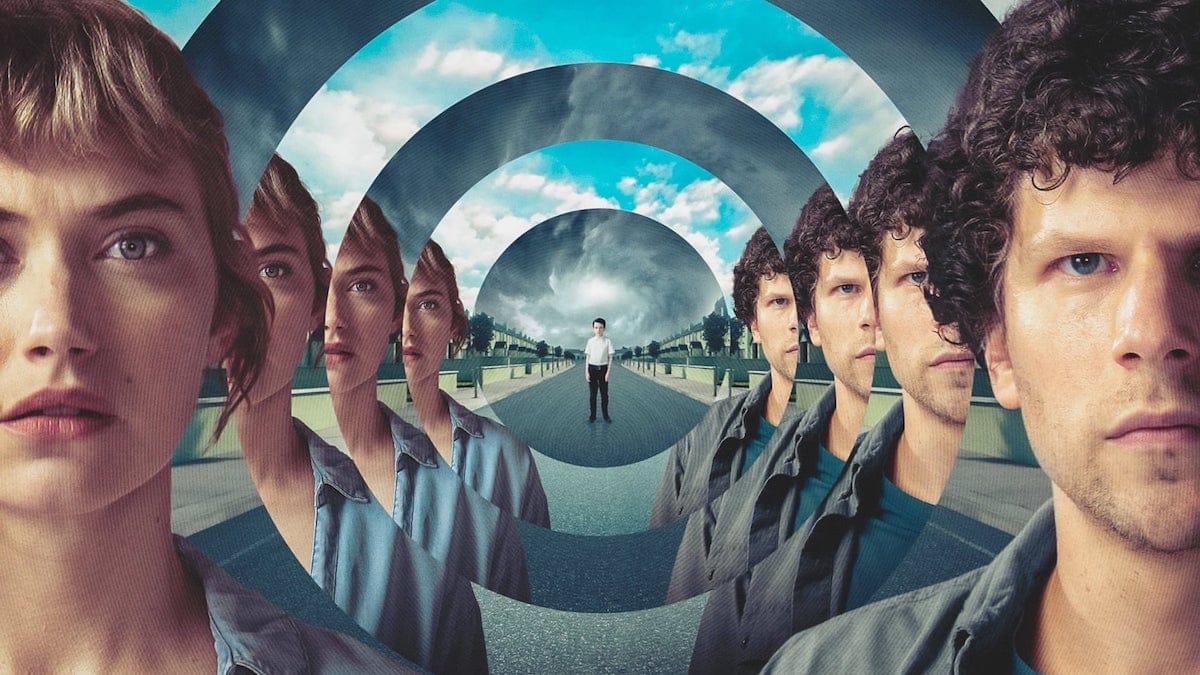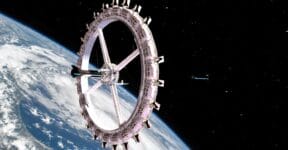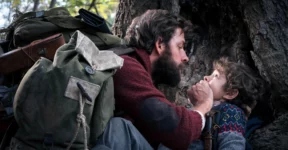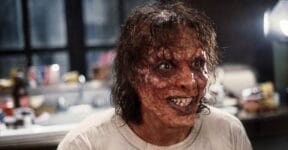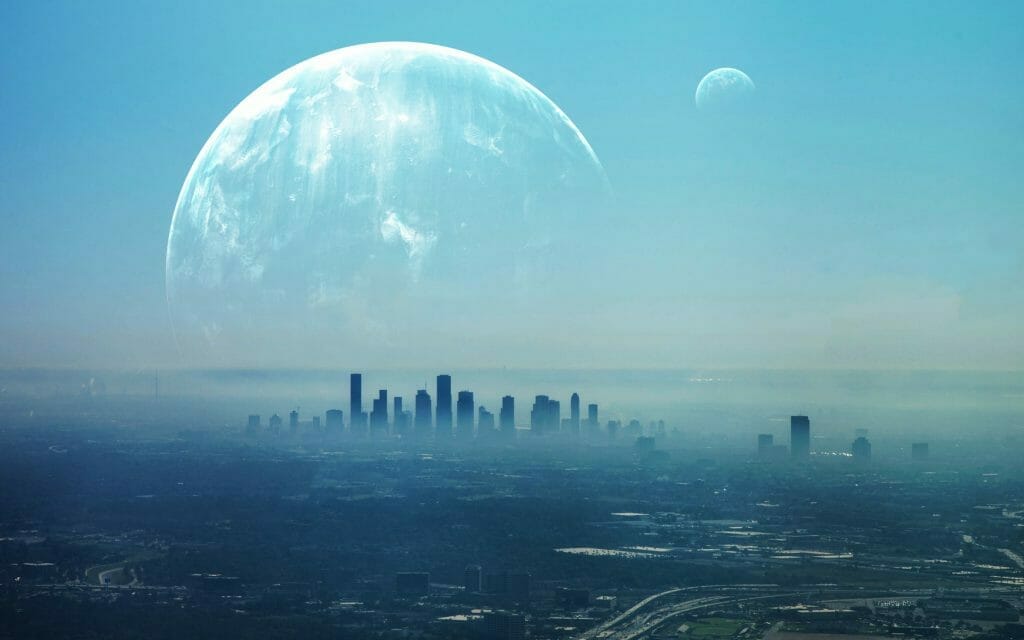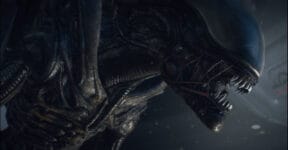Killer robots, zombies, hostile extraterrestrial species, and bio-engineered monsters are all parts of the horror genre, especially the sci-fi horror kind. But sometimes you don’t have to put those abominations under constant spotlight to deliver the terror; given the right premise, you can hide the scary figures under the curtain, and present the terror psychologically via uneasiness, anticipation, tension, apprehension, or intense agitation in the audience’s mind. These sci-fi horror movies do all of that in a series of beautifully shot scenes, which all explore psychological horrors.
2001: A Space Odyssey (1968)
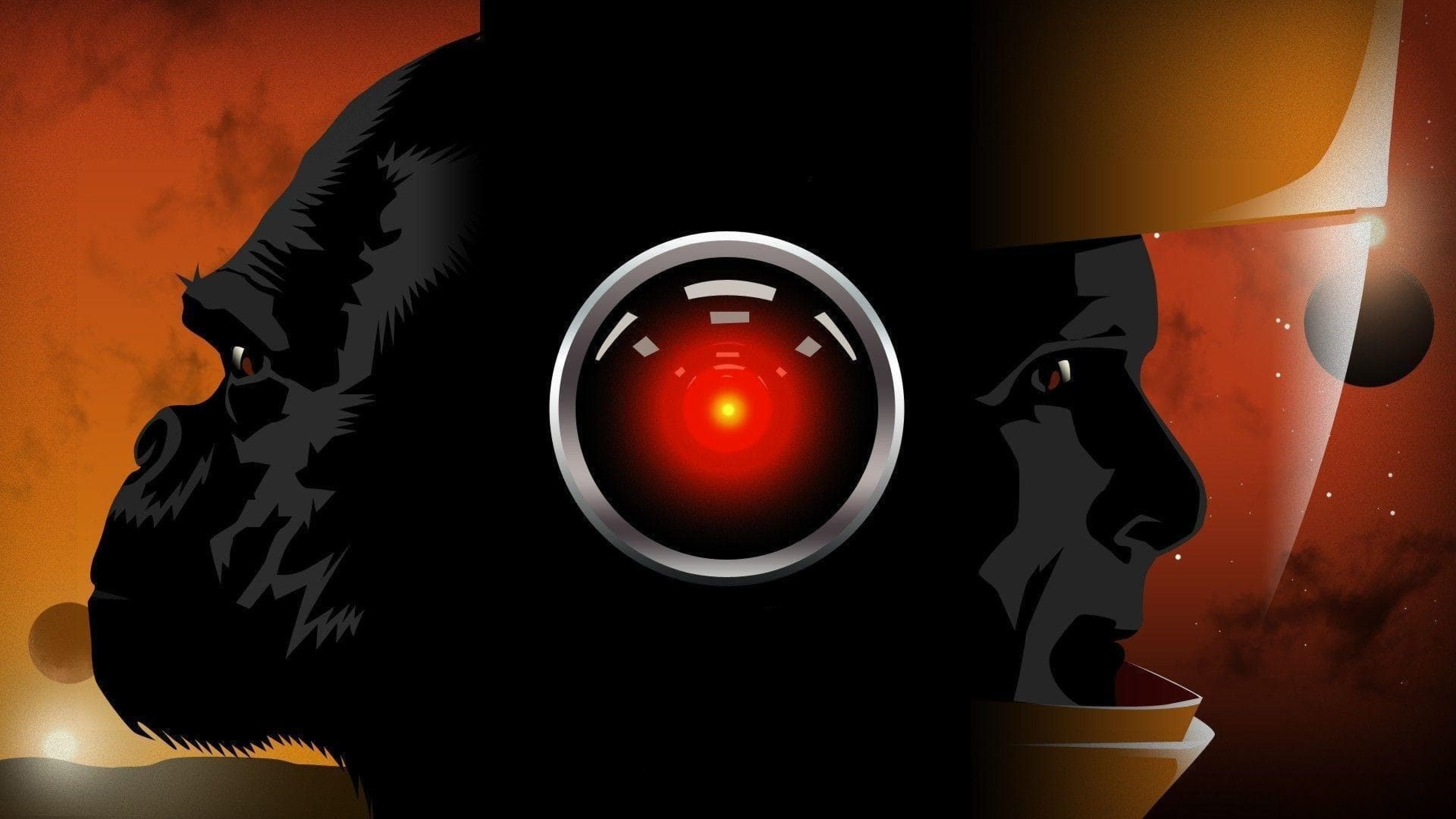
Stanley Kubrick’s vision of space exploration with humans and AI at the center of the mission has revolutionized the depiction of the cosmos by the film industry at large. 2001: A Space Odyssey isn’t exactly horror in the traditional sense of the term. It revolves around a malfunctioning artificial intelligence, the HAL-9000 computer, during an ambitious mission to Jupiter. While a lot of the scenes feel like a bombardment of psychological tests to the audience, the tricky mind battle between the human crew members and HAL-9000 turns out to be the film’s biggest highlight. A Space Odyssey might not be the first movie to feature artificial intelligence, but it is among the earliest and most memorable warnings about the risk of unrestrained technological development.
The Cell (2000)
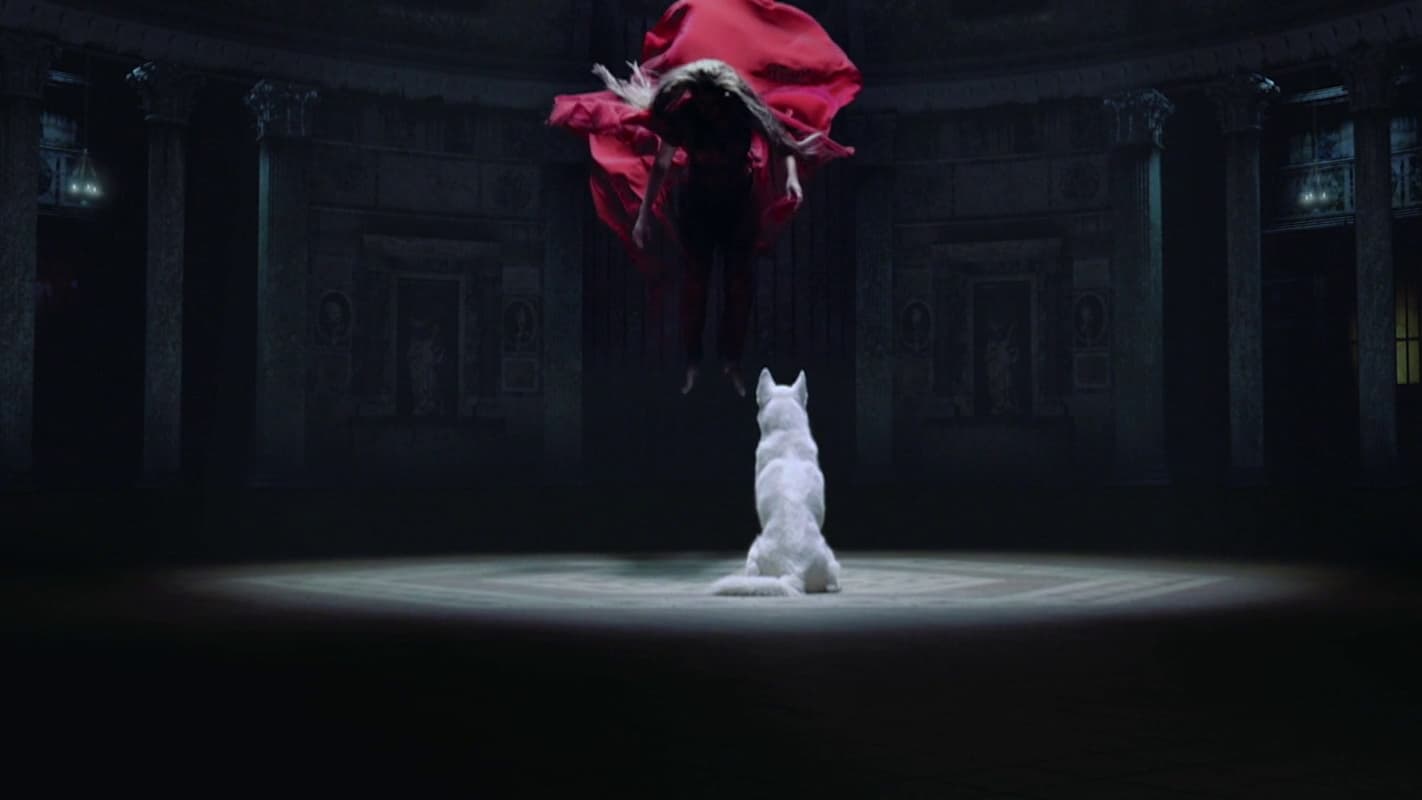
We didn’t just say that psychological horror is all about the anxiety and the fear about someone or something without actually revealing who or what the villain is; we actually believe that to be the case. But then there’s The Cell, a film that takes psychological horror in sci-fi literally. It’s all science fiction mostly thanks to a device that can connect a person’s mind to another, initially for a medical purpose to treat a rare case of virus-induced coma and schizophrenia, and later for criminal investigation into a serial killer. And all the terrors, the confusion, the unrestrained imagination, the S&M imagery, and lumps of gore happen inside the suspect’s brain, as it is infiltrated by a psychologist and a detective.
The Invisible Man (2020)
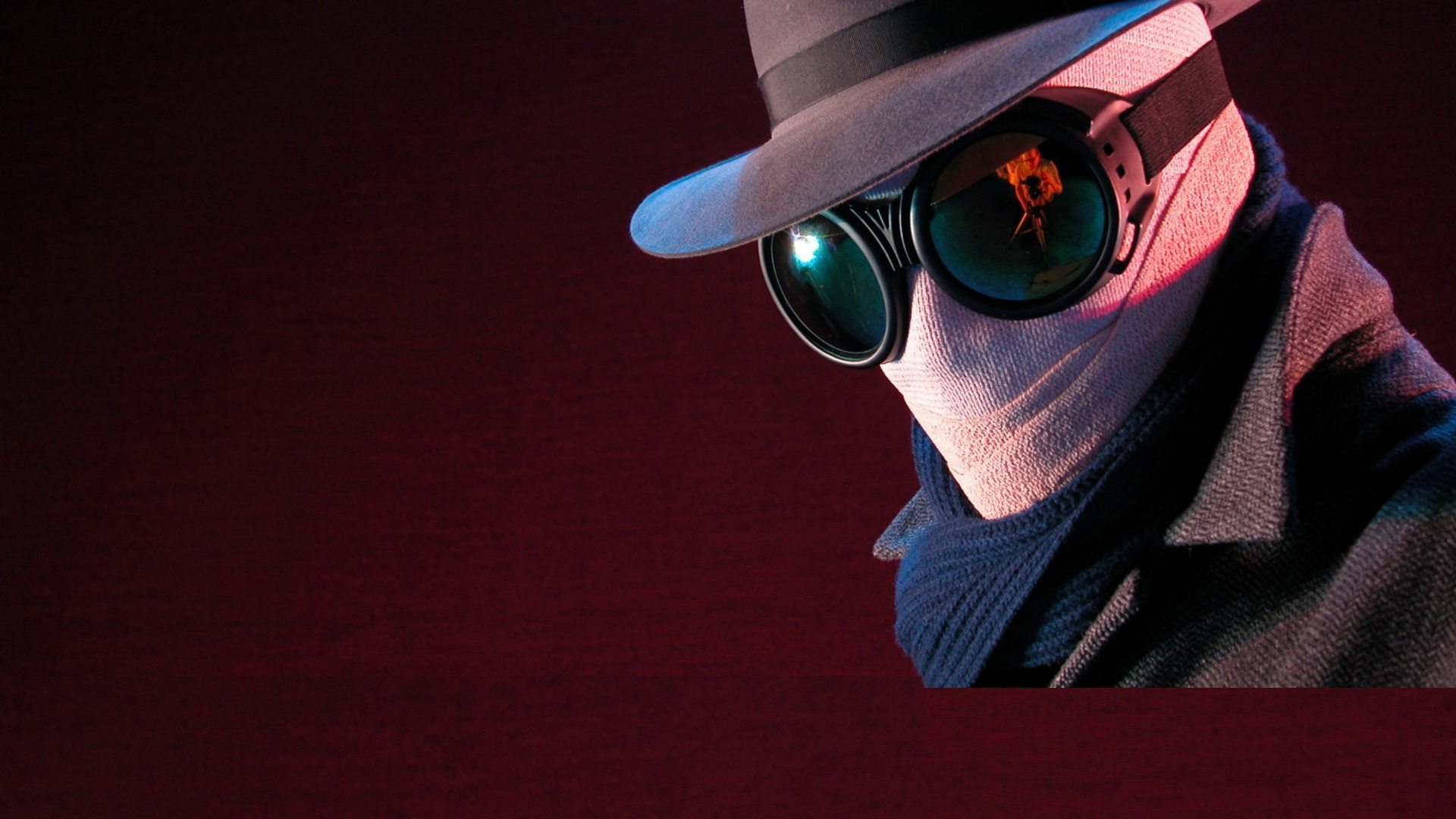
A reboot of a 1933 film and loosely based on H. G. Wells’ 1987 novel of the same name, this version of The Invisible Man delivers a story that begins with an abusive relationship between a male optics engineer and his girlfriend. When the girl finally escapes his highly secured house and hides with her childhood friend – a police detective who lives with a teenage daughter – the ex-boyfriend can finally invent a method to become invisible. He then fakes his own death, with the help of his brother, and begins stalking the ex girlfriend. An invisible man stalking a girl sounds like a simple enough premise for a horror story, but the film executes just about everything with perfection, to where the otherwise generic idea turns into a refreshing psychological horror within enjoyable sci-fi trappings.
Vivarium (2019)

Gemma and Tom, a young couple living a mundanely happy life in a typical American town, decide that it might be time for them to purchase a new home. Gemma is a nursery-school teacher, who loves kids and (although not explicitly mentioned) thinks about having her own kid in the future. Tom is a gardener who drives his VW Golf to wherever he’s needed, but plans to buy a proper truck one day. The story begins with them visiting a new housing development, which strangely has all the houses in the same shape, style, and even color. A representative named Martin shows them House No. 9 for no apparent reason because every other house looks exactly the same, anyway. The horror steps in when Gemma and Tom find themselves unable to escape the house, while an unnamed boy slowly and effortlessly takes control of their existence. Think of it as a residential nightmare with plenty of psychological horror parables to boot.
Significant Other (2022)
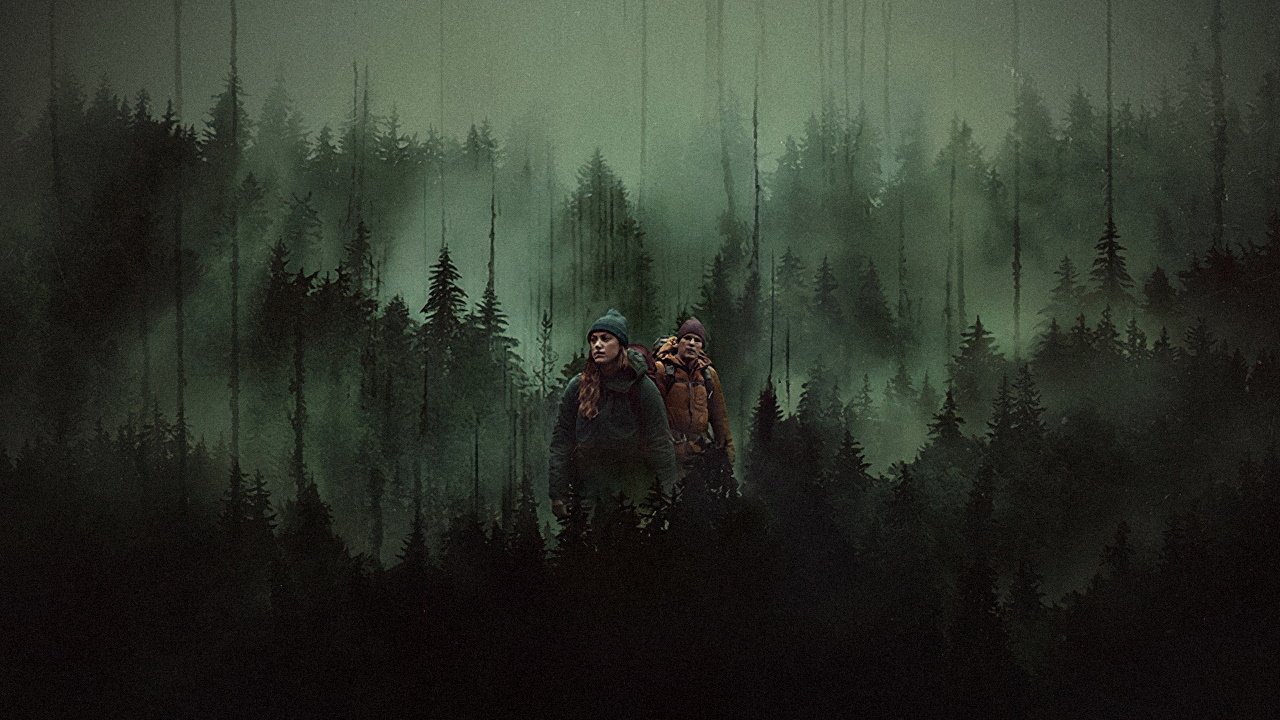
The premise is pretty simple: a couple’s camping trip and marriage proposal is interrupted by an extraterrestrial life form, which turns out to be part of a larger alien invasion of Earth. While it does sound like just another generic plotline for a sci-fi slasher horror, the real twist thankfully reveals itself quickly enough when the alien is, in fact, a shape-shifting kind. It kills the man, then takes his shape, but what it doesn’t understand is that the shapeshifting apparently also absorbs a good deal of the victim’s personality. Now, the alien is in love with the girl, a feeling it doesn’t at all comprehend.
We think psychological horror adds to the complexity of sci-fi movies effectively as it introduces another layer of riddle and sophistication to the plotline. The terror is not always explicitly shown as monsters or aliens, but the audience knows that an impending evil is always there, lurking in every corner. It forces the audience to give the story a bit more thought and consideration as they try to unveil the mystery.
Do you think psychological horror is scarier than gore? Can you name some movies that actually make you think hard to understand the storyline or the ending? We’d love to hear from you.
Other Things You Might Want to Know
Is “2001: A Space Odyssey” based on a book?
Some would say so. The novel (also titled 2001: A Space Odyssey) was written together by director Stanley Kubrick and author Arthur C. Clarke, although only the latter ended up as the official author. Also, the novel was developed concurrently with the screenplay and published after the film’s release. However, the stories in both the film and the screenplay were based on various short stories by Arthur C. Clarke.
Stanley Kubrick’s filmography (as director):
Film | Year |
| Fear and Desire | 1952 |
| Killer’s Kiss | 1955 |
| The Killing | 1956 |
| Paths of Glory | 1957 |
| Spartacus | 1960 |
| Lolita | 1962 |
| Dr. Strangelove | 1964 |
| 2001: A Space Odyssey | 1968 |
| A Clockwork Orange | 1971 |
| Barry Lyndon | 1975 |
| The Shining | 1980 |
| Full Metal Jacket | 1987 |
| Eyes Wide Shut | 1999 |
Is the novel part of a series?
Yes, it is. There are four books in the series, including:
2001: A Space Odyssey (1968)
- 2010: Odyssey Two (1982)
- 2061: Odyssey Three (1987)
- 3001: The Final Odyssey (1997)
The second novel in the series, 2010: Odyssey Two was also adapted into a film, 2010: The Year We Make Contact (1984), directed by Peter Hyams.

